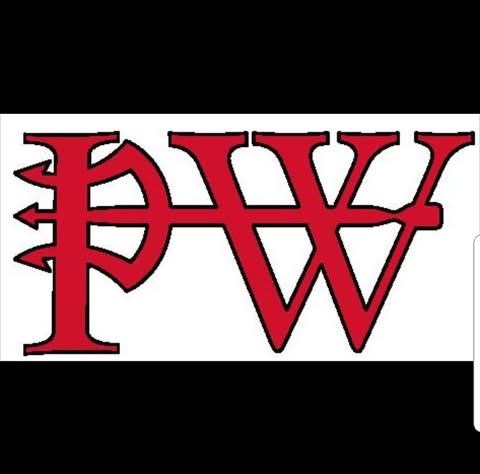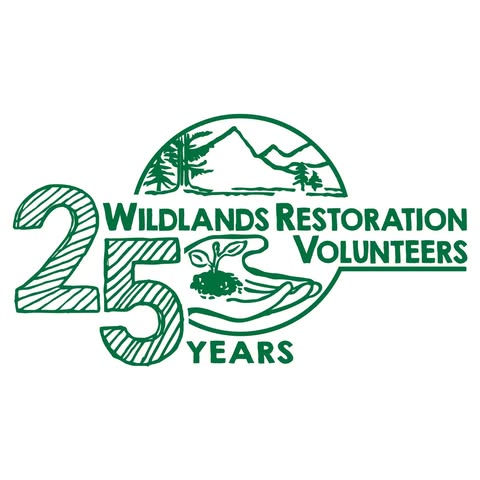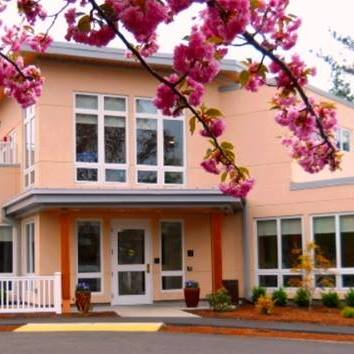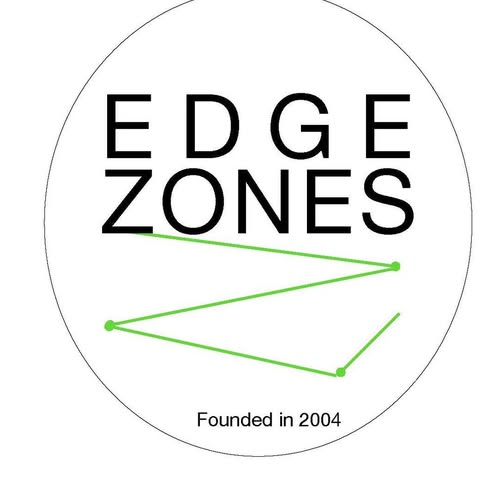Western Bat Working Group
The Western Bat Working Group (WBWG) is a US nonprofit organization dedicated to the conservation and research of bat species in western North America. Established with the mission to reduce natural and unnatural sources of species extinction, the WBWG focuses on education and technical assistance to aid conservation efforts.
History and Objectives
The WBWG has developed a comprehensive matrix detailing the presence of bat species across the western part of the continent. This matrix serves as a crucial tool to guide conservation efforts and monitor population impacts. The organization collaborates with various stakeholders, including researchers, conservationists, and policymakers, to ensure effective conservation strategies.
Activities
One of the prominent activities of the WBWG is organizing biennial meetings, which serve as a platform for disseminating the latest bat research findings, conducting workshops on conservation strategies, and providing opportunities for networking among bat enthusiasts and professionals. These meetings often feature presentations, workshops, and field trips to facilitate learning and collaboration.
Conservation Efforts
The WBWG's conservation efforts are multifaceted, focusing on understanding and mitigating threats to bat habitats and populations. This includes addressing issues such as habitat loss, roost disturbances, and environmental degradation, which are critical for maintaining viable bat populations. The organization also supports research into effective conservation practices and promotes sustainable coexistence of human activities with bat habitats.
Impact
By fostering collaboration among experts and enthusiasts, the WBWG helps advance bat conservation in the western United States. Its efforts contribute to the preservation of biodiversity and the ecological roles that bats play in maintaining healthy ecosystems. Through education and outreach, the organization raises awareness about the importance of bats in ecosystems and the need for their conservation.
Edit WikiICO
201205119
X (Twitter)
335
Address
Rapid City
WBWG
From Social media
News about from their social media (Facebook and X).
Data about organisation
Forest Conservation Category
Organisations with similar rank to Western Bat Working Group in category Forest Conservation

240. Friends of the Drew Forest A NJ Nonprofit Corporation
NJ nonprofit working to save Drew U's 53-acre, biodiverse forest w/ a market-value conservation sale.

243. Potomac Woods Swim Club Inc
Potomac Woods Swim and Tennis Club is a non-profit, community club in Rockville, Maryland.

244. LAKE COUNTY RESOURCE INITIATIVE
LCRI is a Nonprofit that aims to bring South Eastern Oregon both economic and environmental prosperity.
Rapid City
Organisations from Western Bat Working Group

114. Black Hills Playhouse Alumni Association
The Black Hills Playhouse Alumni Association (BHPAA) was formed in 1994 as a separate not for profit corporation in South Dakota to support and sustain the activities of the Black Hills Playhouse (BHP), company members and alumni.

117. WELLSPRING INC dba WELLFULLY
Premier Adolescent Care Center.
Similar organisations
Similar organisations to Western Bat Working Group based on mission, location, activites.

Wildlands Restoration Volunteers
Wildlands Restoration Volunteers is a non-profit organization that provides an opportunity for people of all ages and backgrounds to come together, learn about their natural environment, and take direct action to restore and care for the land.
Similar Organisations Worldwide
Organisations in the world similar to Western Bat Working Group.

THE BAT CONSERVATION TRUST (uk)
Found a bat.

NORFOLK AND NORWICH BAT GROUP (uk)
Bat conservation group for Norwich and Norfolk.

BAT CONSERVATION AND RESEARCH UNIT (uk)
Focussed on improving the conservation status of bats accross the UK through research, habitat improvement and creation.
Interesting nearby
Interesting organisations close by to residence of Western Bat Working Group
More Interesting nearbySimilar social media (335)
Organisations with similar social media impact to Western Bat Working Group

213394. Transforming Keys 2 Success
501c3 nonprofit organization providing underprivileged children, youth, and young adults with the 🗝keys🗝 to lifelong success through mentors, enrichment programs, and resources.

Maristhill Nursing & Rehabilitation Center is a care facility that offers both short-term and long-term care for a variety of healthcare needs.
Join us and make a difference for the future!
Sign Up
Please fill in your information. Everything is free, we might contact you with updates (but cancel any time!)
Sign in with GoogleOr
Good News
Exciting news in the world of cinema! 🎬 Mounia Meddour, director of "Papicha", is set to tell the inspiring story of Malika Bellaribi, a French-Algerian opera singer who rose from the Parisian slums. Let's celebrate stories that uplift and inspire! 🌟 #GoodNews #FilmCommunity
'Papicha' Director Sets New Film About French-Algerian Opera Singer Malika Bellaribi, Who Rose From the Parisian Slums (EXCLUSIVE)
Variety
Like CommentExciting news from Toronto! 🌟 The Distillery Winter Village is gearing up to bring joy and magic to the holidays with its 2025 programming lineup. Can't wait to see how they transform the historic district into a winter wonderland! ❄️🎉 #PositiveVibes #CommunitySpirit #Holidays2025
Toronto's Distillery Winter Village Unwraps 2025 Programming Lineup
Benzinga
Like Comment














